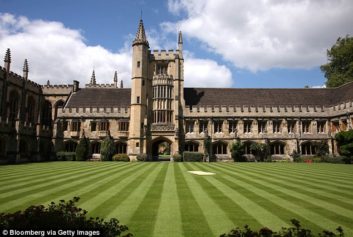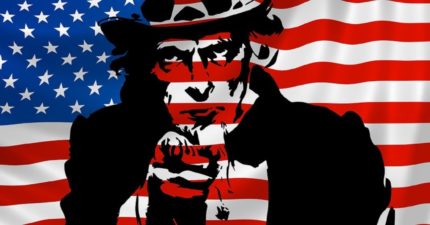In a fascinating tale rife with all sorts of international intrigue, the president of Ecuador refused to wilt under pressure from the United States, Britain and Sweden and decided to grant political asylum to Julian Assange, the founder of WikiLeaks, who has been living for the past two months in the Ecuadorean Embassy in London awaiting the decision.
Assange is a wanted man in the Western world because of the release of thousands of pages of secret American documents and diplomatic cables that caused considerable embarrassment to United States officials and because he is wanted for questioning in Sweden over allegations he sexually abused two women. Britain is eager to send him to Sweden and the United States, but Ecuador has refused to allow British authorities to enter its embassy to remove him. International law decrees that Britain must not breach the walls of Ecuador’s embassy without permission.
Now the issue becomes, how does Assange get out of the embassy and make his way to Ecuador without being captured by the British police? It’s a dilemma worthy of a James Bond movie.
It appears that the pressure being applied by the Western world was a significant factor in the decision by Ecuadorian President Rafael Correa to grant Assange asylum. “No one is going to terrorize us!” Correa wrote on his Twitter account.
Ecuadorian Foreign Minister Ricardo Patino said the British authorities just last night had threatened to force their way into the embassy. He said he told them, “We are not a British colony.”
Considering Britain’s history as a colonizer to black and brown people around the globe, surely there is a degree of satisfaction to be gained by governments these days when they defy the British.
At a news conference in Quito, the Ecuadorian capital, Patino read the decision by his government: “The government of Ecuador, faithful to its tradition of protecting those who seek refuge in its territory or in its diplomatic missions, has decided to grant diplomatic asylum to Julian Assange.”
“There are indications to presume that there could be political persecution,” he added, and that Assange would not get a fair trial in the United States and could face the death penalty there.
While Patiño said he hoped Britain would permit Assange to leave the embassy in London for Ecuador, Britain has said that won’t happen because it has a legal obligation to send him to Sweden.
The British Foreign Office said it was disappointed by the Ecuadorean announcement but was still committed to finding an acceptable solution with Ecuador. But Sweden’s response wasn’t so diplomatic. The northern European nation called Ecuador’s decision “unacceptable” and called Ecuador’s ambassador back to Sweden, according to The Associated Press.
After he watched a live broadcast of Patiño’s news conference on British television, Assange reportedly told embassy staff members: “It is a significant victory for myself and my people. Things will probably get more stressful now.”
Assange is still overseeing WikiLeaks from his new home in the Ecuadorian embassy, where he sleeps on an air mattress in a small office that has been converted to a bedroom for him. His friends and mother have expressed concern that he is not able to get outside in the sunlight since he went to the embassy on June 19. But apparently Assange has long lived a nomadic lifestyle, bouncing around between friends and sleeping on their couches—though Daniel Domscheit-Berg, a former colleague at WikiLeaks, wrote a memoir in which he accused Assange of refusing to flush the toilet and of abusing his cat.


